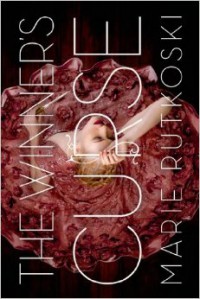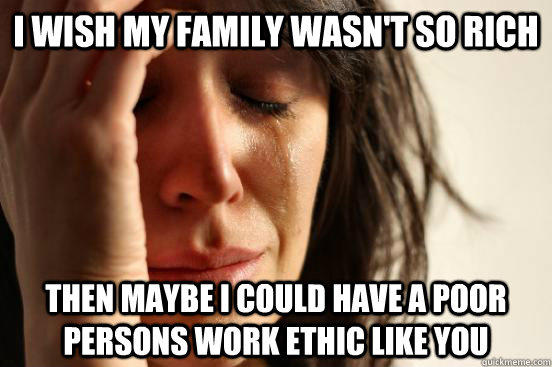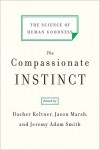Currently reading
I don't feel like I won with "Winner's Curse"

"The Winner's Curse" is a phrase used to describe a buyer simultaneously winning something but also losing by paying too high a price. It's also the title of a book that was written to try and blend a high fantasy strategy setting with some forbidden love because of two cultures/nationalities at odds with each other." Which sounds promising from the synopsis...unfortunately it came at the price of "this love is forbidden not just because of the cultures but slavery!"
And that is where I realized I made a bad time/enjoyment bargain.
Kestrel is the daughter of a Valorian general, living in the lap of luxury and being a self-invested teenager. Hardships in her life mainly deal with the constraints of having a father doesn't like her wandering out by herself. The first chapter involves her being dragged to a slave auction by her friend, Jess, and impulsively deciding to bid on a slave when she sees how obstinate he is in the face of the auctioneer's demands to look good for potential sellers.
"But his refusal touched Kestrel."
Okay, that's a promising sign...
"The stony set of the slave's shoulders reminded her of herself, when her father demanded something that she couldn't give."
...annnnnnnnd we go straight into Kestrel embodying a First World Problem's meme.

Let's be fair, I never expected the book to treat Kestrel's blase attitude about slavery as anything but a glaring flaw and part of an ongoing character arc. It does. But it's really difficult to like her for other reasons when her complaints about being restricted by her father basically amount to "I don't want to do adult things like join the military or choose a husband, but I also don't want you to treat me like a child." And then compare her feelings to someone she just paid for who obviously is not okay with the arrangement.
The narration doesn't help offset this character by having Kestrel set as the clear primary protagonist. Arin isn't even named beyond "the slave" in his own chapter until he gives his name to Kestrel in their early meetings. There are stylistic reasons why his identity was revealed this way, but none of them do anything to help enforce the part where his story is supplement to hers. His suffering and conflicts only manifest in how they make Kestrel react and sympathize with him. And it begins a worrying trend of the novel to gloss over the whole "sold into slavery and family killed" backstory he had gone through except in how they can be related to by Kestrel.
This is also to point out how all the other Herrani aren't even given the consideration of their subjugation. Only a few are given enough time to be called characters and not background dressing. Besides Arin, Enai is pretty much the only other Herrani that Kestrel gives a second thought. She was Kestrel's nursemaid, and supposedly like a second mother to her, which is why Kestrel asked her father to free Enai as his birthday present to her. It was supposed to be this big deal that shows how Kestrel isn't just some prejudiced brat, but it seems pretty hollow since Kestrel never asked about Enai's family before the war, and the novel never gives Enai anything to do except comfort Kestrel and warn Arin not to hurt her while she's lying on her deathbed, probably to give Arin that last nudge that maybe if some other Herrani who was her slave loved her that he could do it too.
Kestrel: Hey, so you know that time when you called my people soulless after my friend took your god's love in vain?
Arin: You mean that time where I revealed I understood Valorian perfectly and was eavesdropping on you, saying that you only think you know the truth because none of my enslaved people would call you a liar and risk their lives. That time?
Kestrel: Yeah. I thought that was awesome and, in the spirit of totally being a great political strategist, want you to tell me the truth from now on. Le's be confidants!
Arin: ...I'll do it if you give me access to your father's house and the ability to go outside unsupervised into the city. To do...things. Things that totally aren't gathering information to try and overthrow your society.
Kestrel: That sounds great! I totally see no downside in this plan at all!
It doesn't matter how many times you have other characters say Kestrel is clever or how many strategy games she wins when these are her actions. At least if she were written as sheltered and naive daughter of the conquering people, it wouldn't be so irritating to see her thoughtlessly perpetuate horrible things. Instead, the narrative makes half-hearted attempts at trying to show she's better than those other Valorians who thoughtlessly go along with all their societal conventions. She's a rebel. She doesn't want to join the military and subjugate more people, she wants to play piano!

"What do you think I have had to swallow, these past ten years? What do you think I have had to do to survive?"They stood before the palace door. "Truly," she said, "I haven't the faintest interest. You may tell your sad story to someone else."


As a whole, the enslaved people thing was really anesthetized in the story. Very little attention was paid to their lives, almost as if the whole slave dynamic was mostly used to bolster the forbidden nature of the two protagonists' romance instead of serving as the world changing catalyst it would be in any other circumstance. Since a lot of other people don't seem to have problems with those priorities, it's not as if it doesn't nullify "The Winner's Curse" as an entertaining read. However, I'm one of the contingent that found the focus on romance above all other elements a detriment to the story, leaving me with characters I didn't care for and an ending that was neither happy, bittersweet or any way satisfying.
If you want to read a story that treats the dynamic of slavery between two people with actual weight and seriousness, try "The Wicked and the Just" by J. Anderson Coats
If you want to read a story that's heavy on political intrigue and has romance only as a side accent, read the Queen's Thief series by Megan Whalen Turner.
If you want to read a romance with fantasy and heavy social commentary as window dressing for forbidden love epics, then the Winner's Curse is for you.




